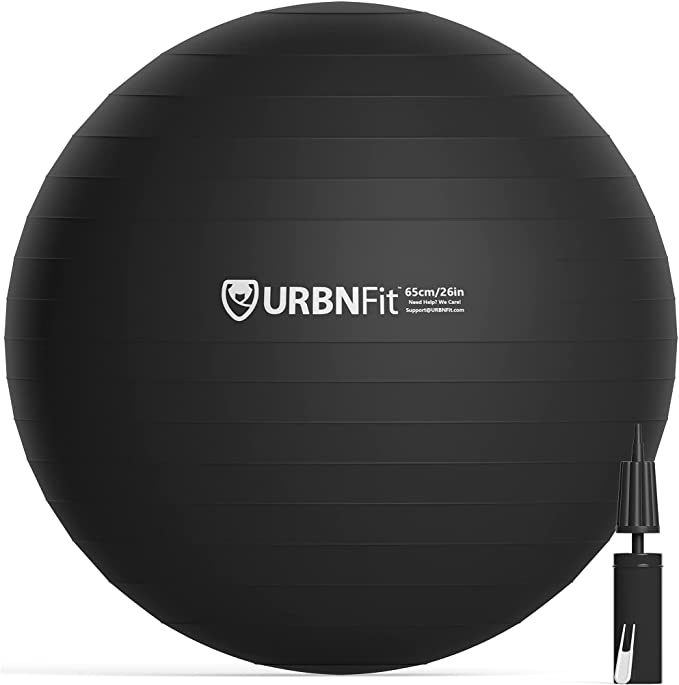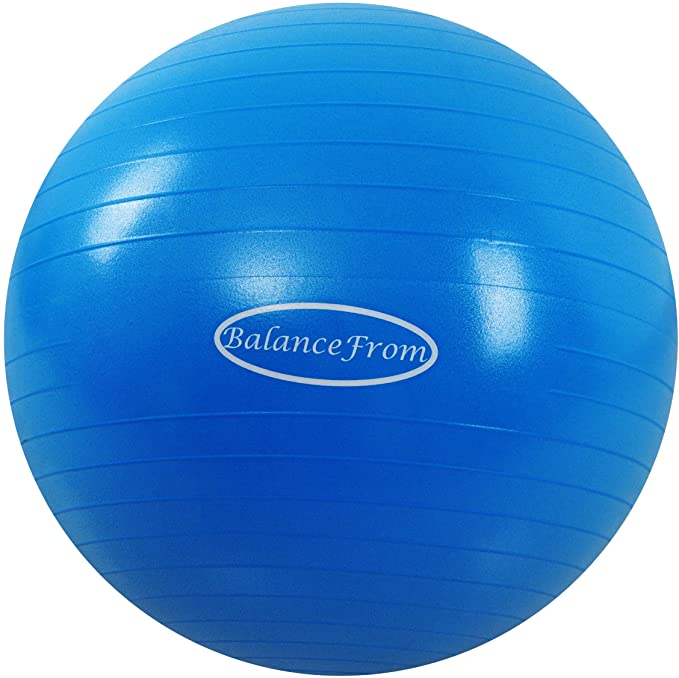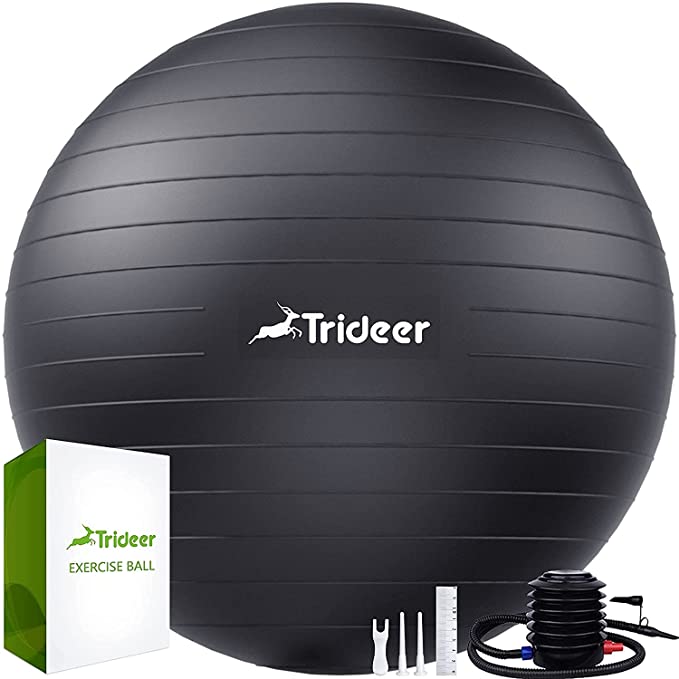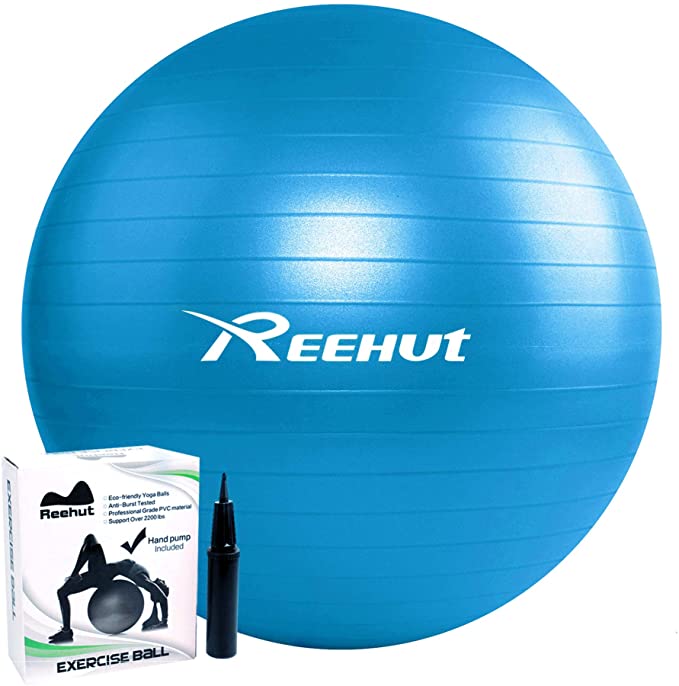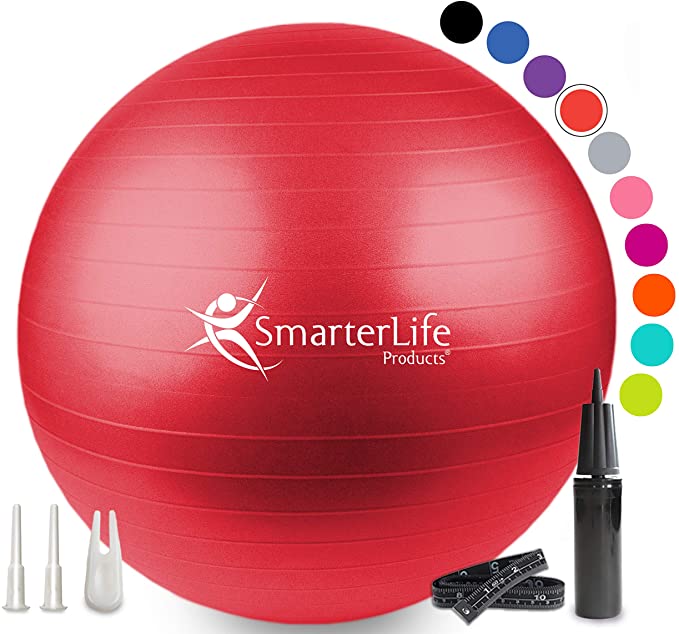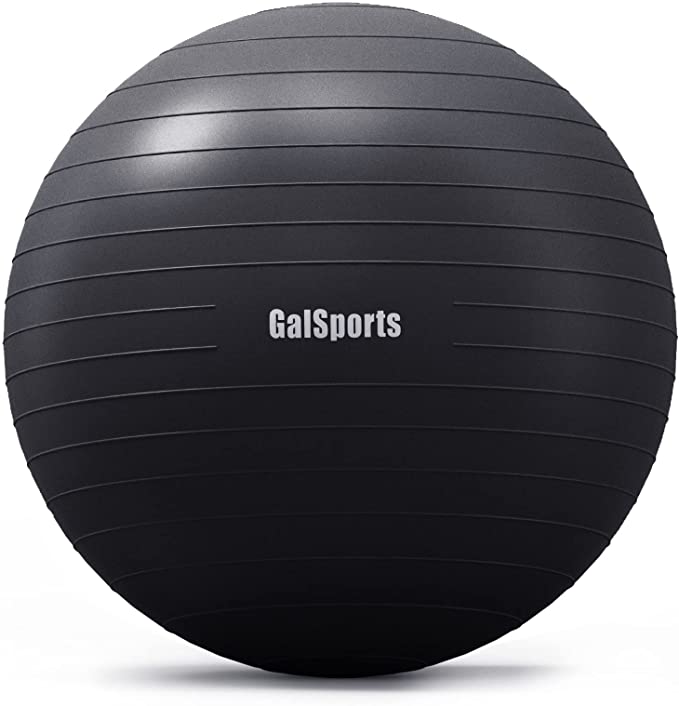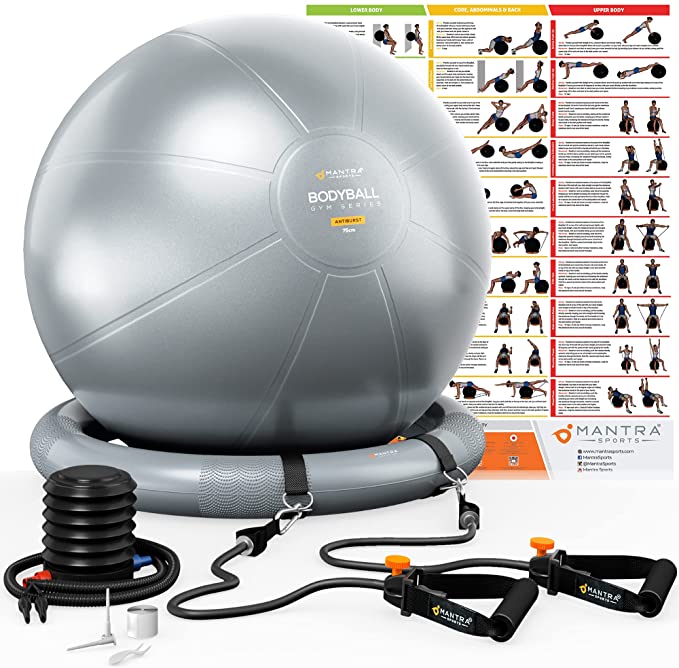URBNFit Quick-Pump Yoga Balance Ball
Last updated: May 30, 2022
We looked at the top Balance Balls and dug through the reviews from some of the most popular review sites. Through this analysis, we've determined the best Balance Ball you should buy.
Product Details
In our analysis of 26 expert reviews, the URBNFit Quick-Pump Yoga Balance Ball placed 6th when we looked at the top 7 products in the category. For the full ranking, see below.From The Manufacturer
This joint-friendly ball targets multiple muscle groups at the same time. Increase functional training, lower body workouts and improve core strength, balance, and posture during exercise, yoga, pilates, stretching at home, in the gym, or the office. Our anti-burst ball can stand the most rigorous workouts and routines. It holds 600lbs and withstands up to 2,000 lbs of pressure – all while preventing you from slipping off. The ball comes in many colors and sizes including 45cm, 55cm, 65cm, 75cm and 85cm. Whether you’re looking to improve your posture, working through physical rehab or looking for pregnancy back relief, this ball can help you. It’s the perfect tool for improving core strength, balance, and posture while alleviating back ailments.
